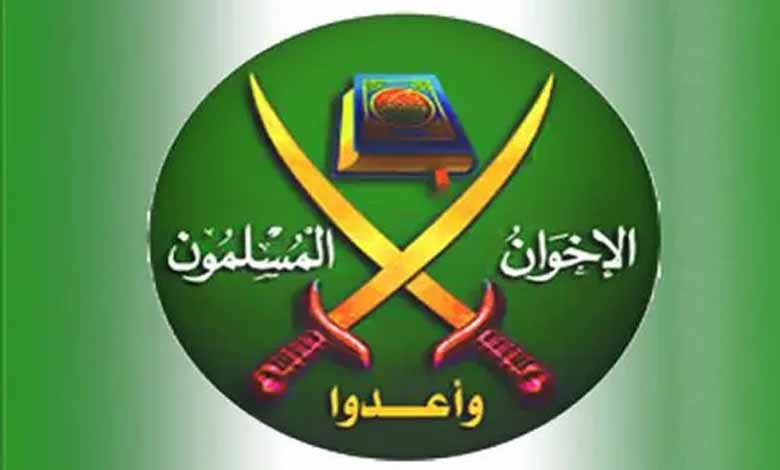Sudanese politician warns against the return of the Brotherhood to the state institutions – Details

In the face of the Muslim Brotherhood’s continuous attempts to return to the political scene in Sudan under different names, Sudanese politician Orwa Al-Sadeq warned against the return of Brotherhood members to state institutions.
Al-Sadeq said: The return of Brotherhood members to state institutions would entail “significant risks for Sudan, possibly bringing it back to the square of international isolation and the cycle of sanctions again, and the consequences would be catastrophic”.
On April 18th, 10 Islamist organizations signed a political declaration aimed at unifying them under the name “The Broad Islamic Movement”. Since the overthrow of Omar al-Bashir and his Muslim Brotherhood party, the National Congress Party, in 2019, the Muslim Brotherhood has sought to remove the cloak of the al-Bashir regime, through the establishment of a new political party and through the “Broad Islamic Movement”. The group has been trying to cover up previous acts of violence involving its members in collaboration with the former ruling National Congress Party, and aimed at creating chaos in the street to remove the government of Abdalla Hamdok and the civil movements that supported him.
As for the “broad Islamic trend”, Al-Sadeq said: “He was “born dead” after even some forces affiliated with the terrorist group disowned him, while the move was considered a provocation against the forces of revolution, as members of the new bloc participated in killing and assaulting protesters”.
Sudan is experiencing a severe political crisis and associated popular protests, following the decisions of Army Chief Abdul Fattah al-Burhan on 25 October.
In 2019, the Committee for the Elimination of the “Frozen” Empowerment dissolved the National Congress Party and confiscated its property. The committee was seized of the bank accounts of the leaders of the dissolved party, before the Sudanese Army Commander, Abdul Fattah al-Burhan, the Chairman of the Sudanese Sovereignty Council, decided at the end of last October to cancel the decisions of dismissing and confiscating the funds of Islamic leaders, and to release the former party chairman and a number of Islamists recently.












